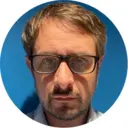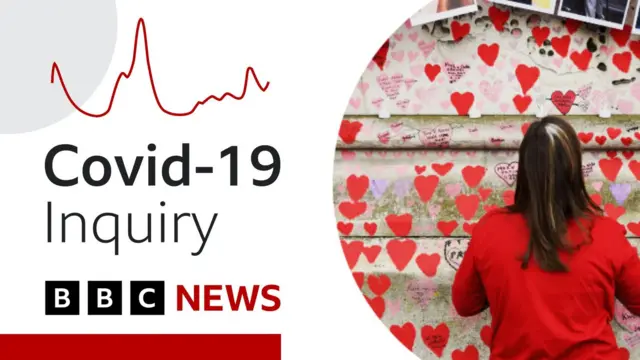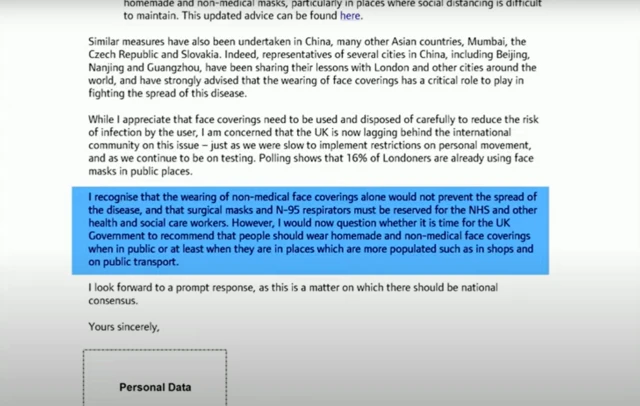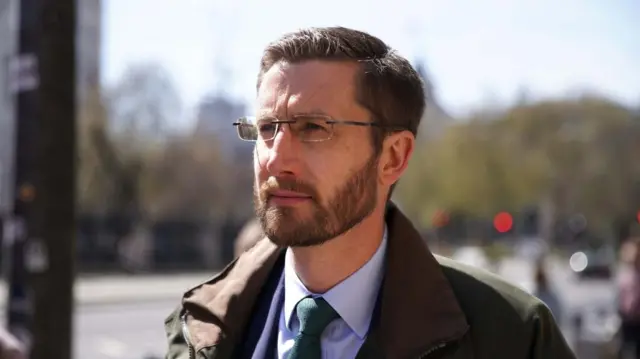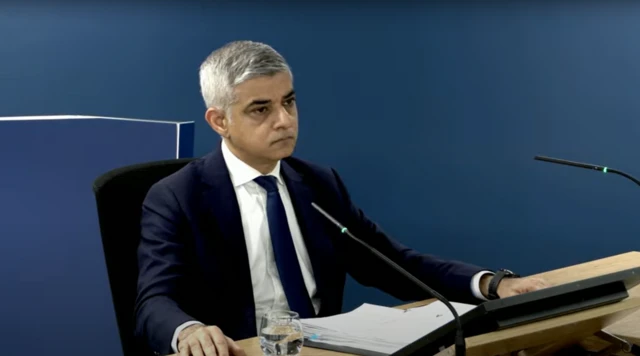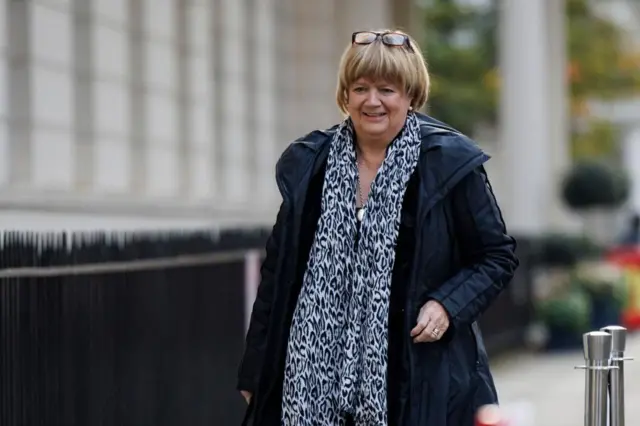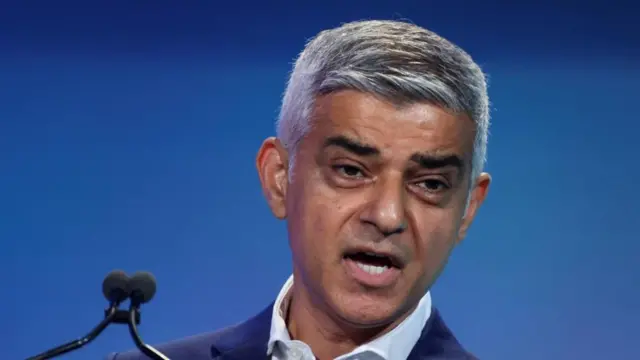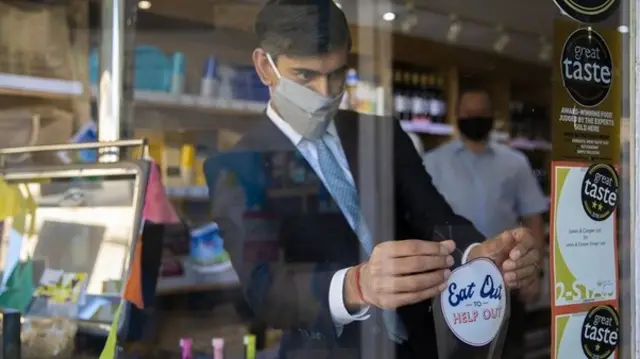Khan says mixed messaging from government was concerningpublished at 12:22 GMT 27 November 2023
The inquiry has now moved on to the regular calls that Khan had with the leaders of the devolved administrations.
He says during these calls, he and the ministers shared their experiences of what was working and what wasn't to tackle the spread of the virus.
In a call in May 2020, Khan says that "everyone" expressed concern that the government wasn't engaging sufficiently and that there had been a "shift" in government approach.
There was concern about mixed messaging from the government, Khan says, as people were being told to both return to work and to avoid using public transport.
